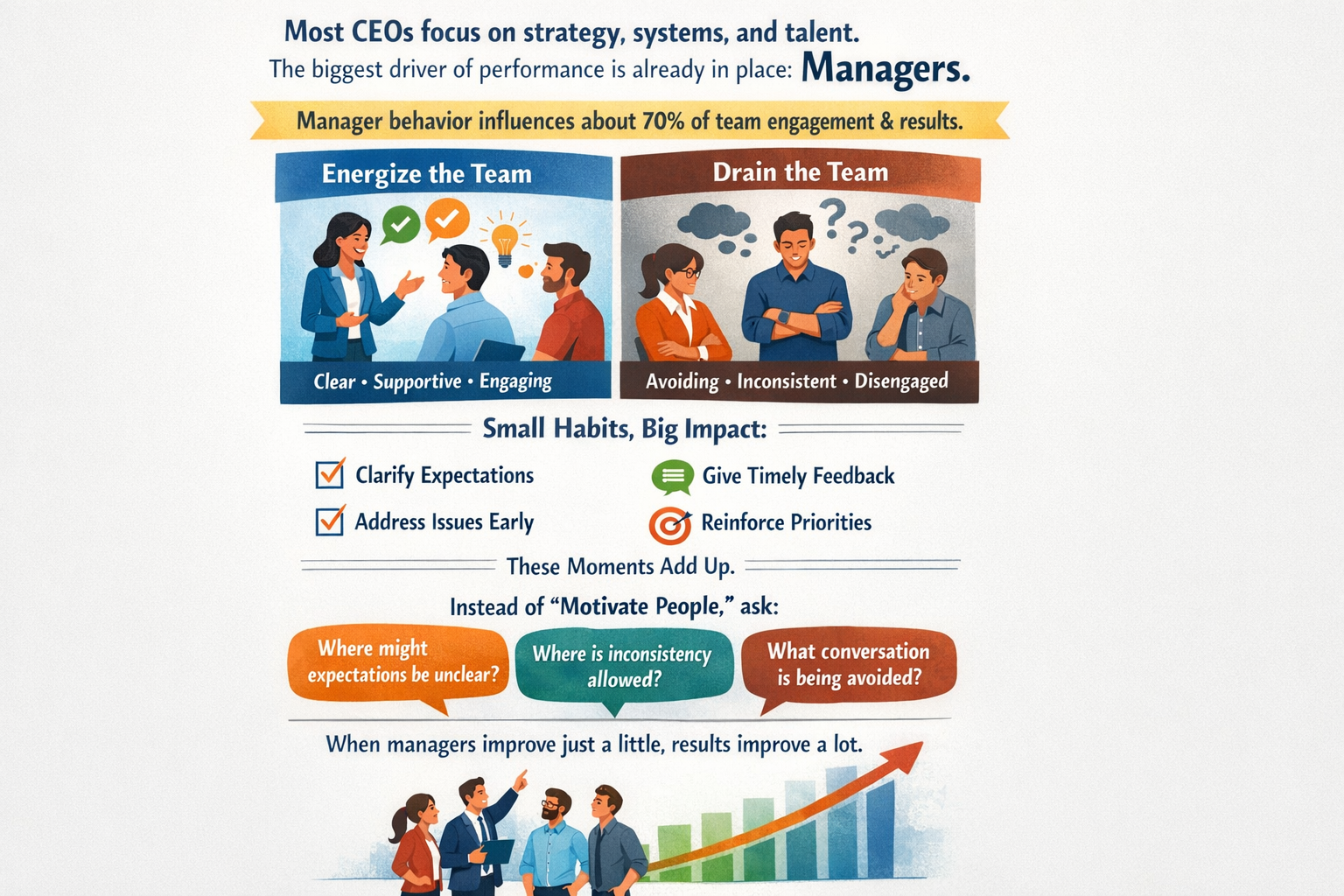The Power of Collaboration: Building Success Together
Cathie Leimbach • May 6, 2024

In today’s dynamic work world, collaboration isn’t just a buzzword; it’s the cornerstone of success. Defined as the synergy of individuals pooling their strengths and ideas towards a common goal, collaboration fosters innovation, productivity, and workplace harmony. Here’s why it matters:
- Increasing Productivity: studies, like those from Stanford, revealed that collaborative efforts can boost productivity by a staggering 50%.
- Combatting Workplace Failures: according to 86% of executives, the lack of collaboration stands as a primary cause of workplace failures; underlining its critical role in organizational success.
- Decreasing Turnover: Gallup research highlights that fostering a collaborative environment can reduce turnover rates by an impressive 50%, showcasing its impact on employee satisfaction and retention.
Collaboration isn’t just about working side-by-side; it’s about harnessing diverse perspectives, skills, and experiences to achieve goals collectively. In essence, collaboration isn’t just a means to an end this—it’s the essence of progress and prosperity in today’s interconnected world.

Most communication problems don’t happen because people aren’t listening. They happen because leaders assume clarity instead of checking for it. “I think they get it” isn’t the same as “they really do.” When people don’t clearly understand what’s expected of them, they make their own assumptions to fill in the gaps. That’s when rework, missed deadlines, and frustration show up. Strong leaders ask better questions: What do you see as the top priority? What does success look like to you? What could get in the way? These don’t slow work down — they prevent costly resets later. Try a simple weekly habit: Think about one key conversation. What did I mean? What did they hear? Where was the gap? Small awareness leads to big gains. 👉 You’re invited to a Leadership Conversation with other leaders to discuss common leadership gaps and how they quietly influence results.

Most CEOs focus on strategy, systems, and talent. But the biggest driver of performance is already in place: managers. Manager behavior influences about 70% of team engagement and results. What happens in everyday conversations matters more than perks, pay, or policies. Managers either multiply energy or drain it. Clear, supportive managers raise performance. Avoiding, inconsistent managers quietly lower it. The good news? Small habits make a big difference: Clarifying expectations Giving timely feedback Addressing issues early Reinforcing priorities These moments add up. Instead of telling managers to “motivate people,” try asking: Where might expectations be unclear? Where is inconsistency allowed? What conversation is being avoided? When managers improve just a little, results improve a lot. 👉 Join our 60-minute Leadership Conversation to explore how everyday manager habits quietly shape engagement and results.
